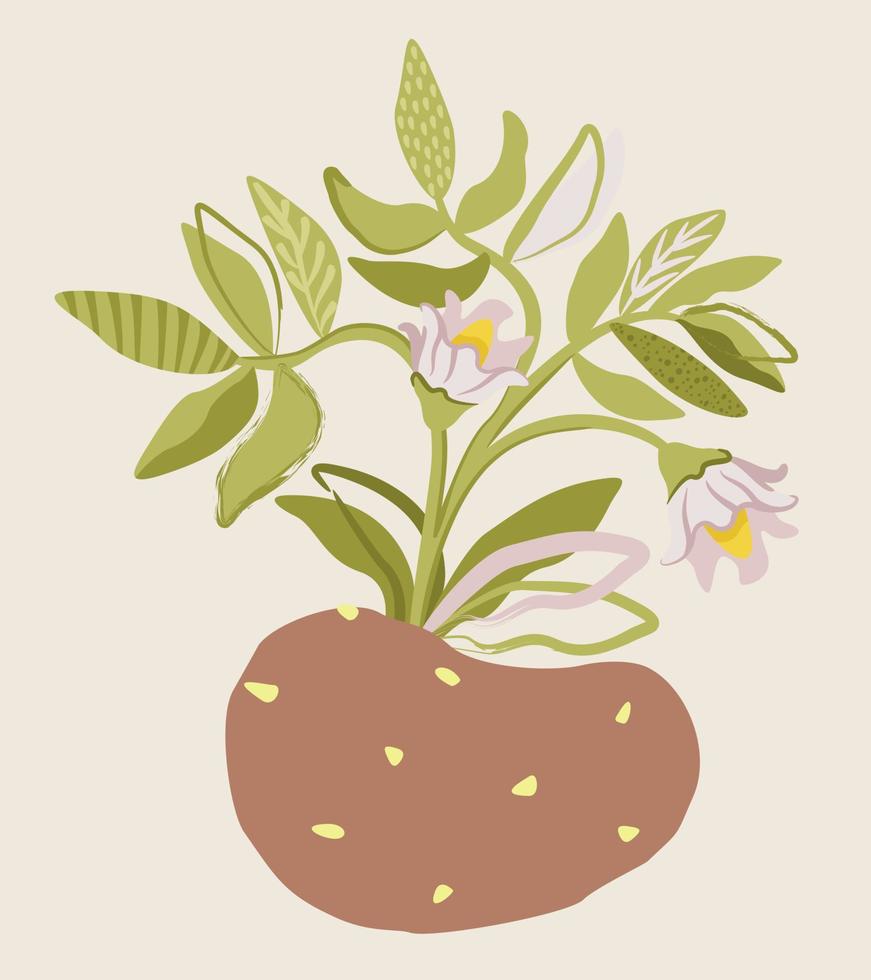
Freedom was a potato: violence, accumulation, domination, and vegetarianism
 Munch:
Munch:
When Munch was a boy… freedom was a potato.
It was you didn’t get killed today.
Freedom from hunger, from the rusty blade.
But to free himself, the man ate first so others could not.
He killed before he was killed.
He wanted nothing more, because only kings… had the freedom to want.
But now everywhere you look, you see kings.
Everything they want, they call their own, and if they cannot have it, they say that they are not free.
They even pretend their freedom should be free, that it has no cost, but the cost is always… death.
Life for life.
Me… or you.
Old Lady:
Please.
I don’t understand.
Why are you here? What do you want?
♪ ♪
Munch:
Pancakes.
(dog barking in distance)
The above lines come from a transcript of the show Fargo, season 5 episode 4, Insolubilia, written by Noah Hawley. After having not watched the show for a few years I must say that I’ve really been enjoying this latest season of Fargo largely for incredible writing like this! I saw the most recent episode not long ago and it struck me that the brief dialogue above would be able to stand on it’s own (without really spoiling any of the plot) as a theo-poetic reflection on violence, accumulation, domination, and maybe even vegetarianism, reminiscent of the etiological and anarcho-primitivist account of the Genesis narrative documenting the “fall to civilization” during the Neolithic period, which is written about extensively by Christian anarchists like Jacques Ellul and Ched Myers (among others). In order to read the poem above this way just remember that ‘freedom from the rusty blade‘ can indeed mean freedom not to use the rusty blade to dominate and kill human or non-human animals! Freedom is indeed a potato, my friends.
…
0 Comments